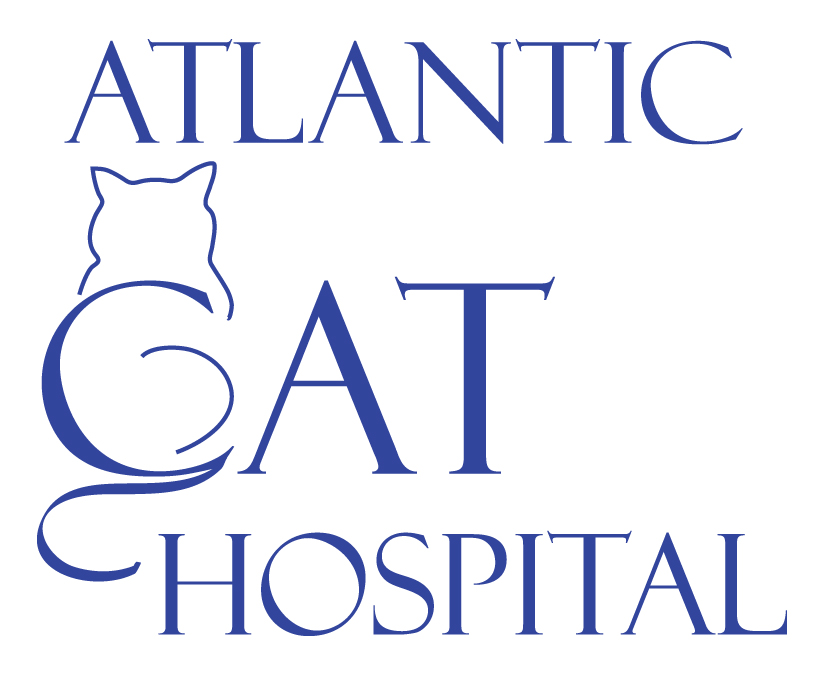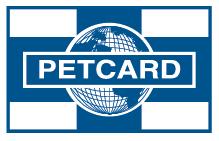Library
-
Famotidine is an antacid given by mouth or into the vein and is commonly used off label to treat gastrointestinal ulcers and acid reflux. Side effects are uncommon but may include a slow heart rate, stomach upset, or dry mouth and skin. Use cautiously in pets that are geriatric or have liver, kidney, or heart disease.
-
Fluconazole is an antifungal medication used off label in cats, dogs, and small mammals to treat fungal infections, especially those in the brain and spinal cord. It is given by mouth in the form of a tablet or liquid suspension and is also available as an injection for hospital use. It should be used with caution in pets with liver or kidney disease, or pregnant or lactating pets.
-
Fludrocortisone acetate is given by mouth and is used off label to treat hypoadrenocorticism (Addison’s disease) and hyperkalemia. Give as directed by your veterinarian. Side effects are uncommon but may include vomiting. Do not use in pets that are allergic to it or in lactating pets without using a milk replacer. If a negative reaction occurs, please call your veterinary office.
-
Fluralaner is given by mouth or applied topically and is used to treat flea and tick infestations, and also off-label to treat certain types of mange and mites. Give as directed. Side effects are uncommon but may include stomach upset or neurologic symptoms. Do not use in pets with a history of seizures. If a negative reaction occurs, please call the veterinary office.
-
Furosemide is given by mouth or injection and is used on and off label to treat many conditions, including congestive heart failure and fluid retention. Common side effects include increased urination, diarrhea, or constipation. Do not use in pets that are allergic to it or in those that are unable to make urine.
-
There are multiple methods of inheritance that determine which characteristics (or phenotypes) are displayed by the offspring, including autosomal dominant, autosomal recessive, and sex-linked inheritance. There are also many polygenic traits (i.e., associated with multiple genes) as well as environmental factors that make it much more complicated to predict disease or the likelihood of passing disease onto offspring.
-
Griseofulvin is given by mouth and is used on and off label to treat skin, hair, and nail fungal infections. Give as directed by your veterinarian. Common side effects include lack of appetite, vomiting, and diarrhea. Do not use in pets that are allergic to it, pregnant pets, breeding males, pets that have severe liver disease, or in cats with FIV or FeLV. If a negative reaction occurs, please call your veterinary office.
-
Home renovation can be arduous for every member of the household. Awareness of possible construction site problems will help homeowners avoid pet-related issues. A little planning can make the renovation process run more smoothly everyone.
-
If your pet had an emergency crisis, how would you manage it? Ask your veterinary hospital how they handle after-hour emergencies. Use this handout to help you plan ahead and be prepared in the event of a pet health emergency.
-
Hyaluronan topical (Optixcare wipes®) are used to remove sticky mucus, eye secretions, and crusty debris from around the eyes of dogs, cats, and other small pets. They contain chamomile and hyaluron, which are gentle cleaning supplements. They are used to manage tear staining around the eyes in pets prone to this condition.






